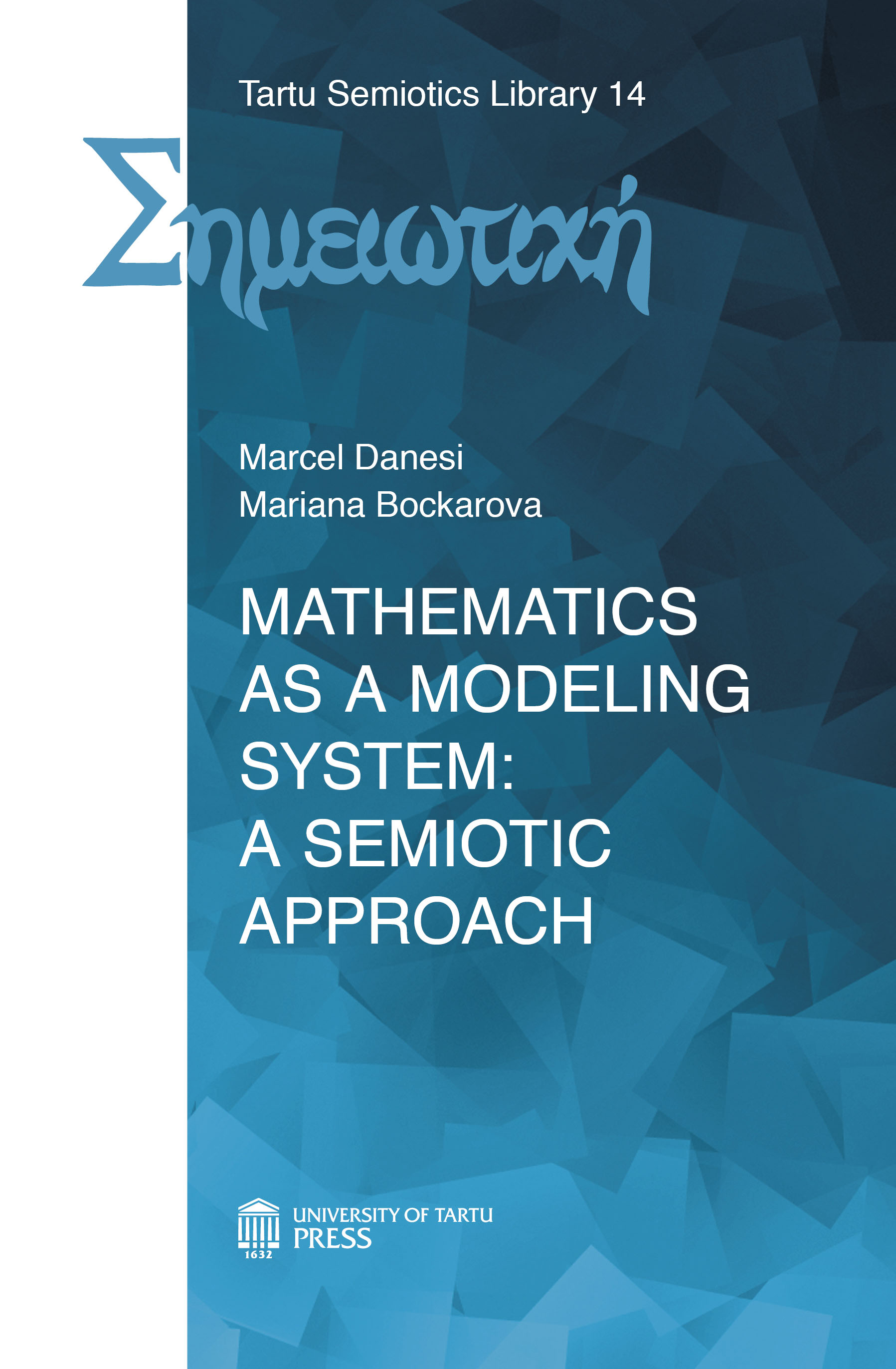Opposition theory in mathematical modeling
Opposition theory in mathematical modeling
Author(s): Marcel Danesi, Mariana BockarovaSubject(s): Semiotics / Semiology, Semiology, Logic
Published by: Tartu Ülikooli Kirjastus
Keywords: Opposition theory; mathematical modeling;
Summary/Abstract: In the previous chapter we discussed the crucial role that oppositional thinking plays in the formation of basic number concepts and systems: even-versusodd, prime-versus-composite, integer-versus-fraction, and so on. This suggests that the classificatory structure of the mathematical code is fundamentally oppositional (Danesi 2008). And this raises several fundamental questions about mathematics, such as: Are basic mathematical concepts necessarily oppositional? How is markedness assigned to mathematical concepts? Does markedness guide the learning and sequence of mathematical development, as some relevant research in psychology is beginning to show (for example, Cho, Procter 2007; Van der Schoot et al. 2009)? Clearly, in order to answer such questions a basic, rudimentary oppositional analysis of mathematical structure must be carried out beforehand.
Journal: Tartu Semiotics Library
- Issue Year: 2014
- Issue No: 14
- Page Range: 41-70
- Page Count: 30
- Language: English
- Content File-PDF

